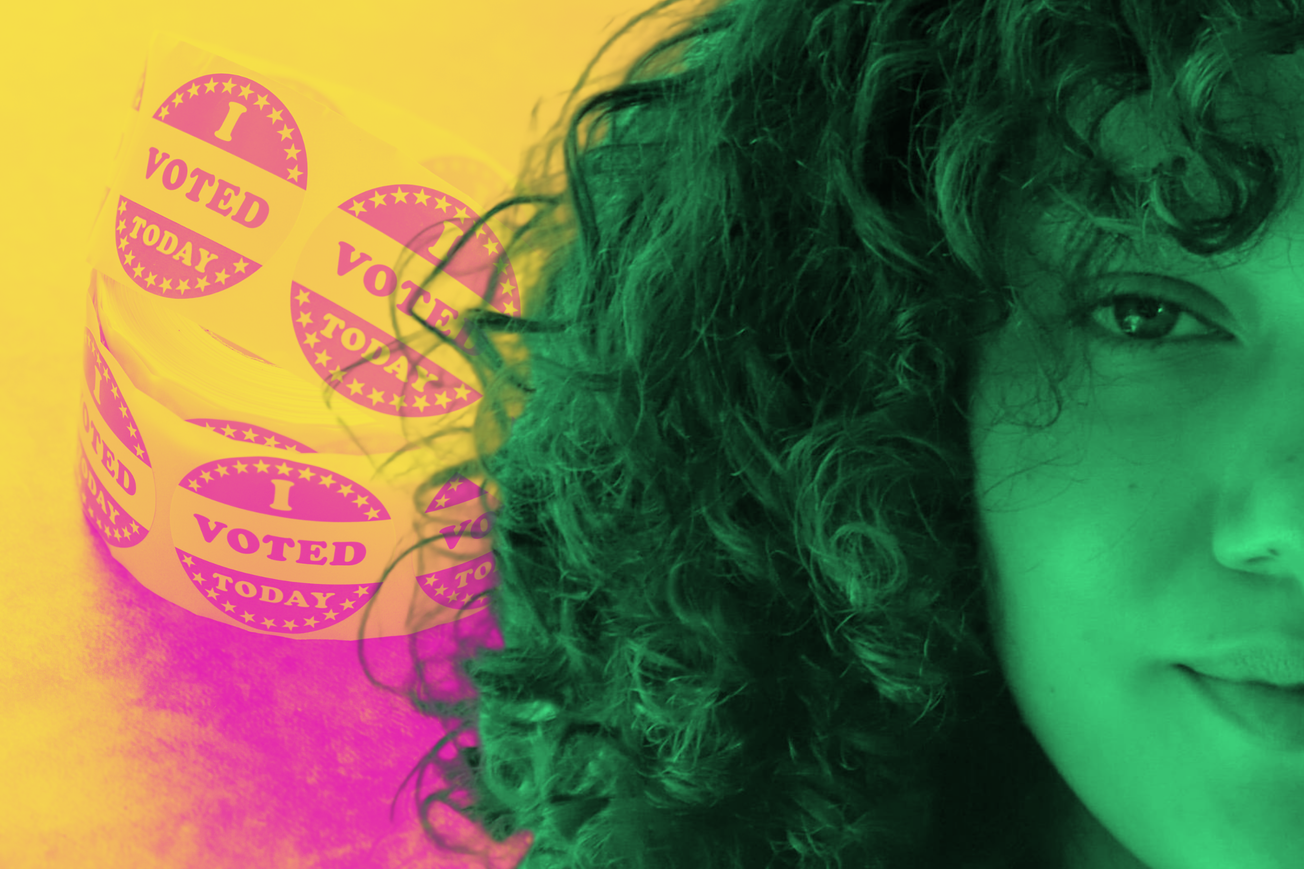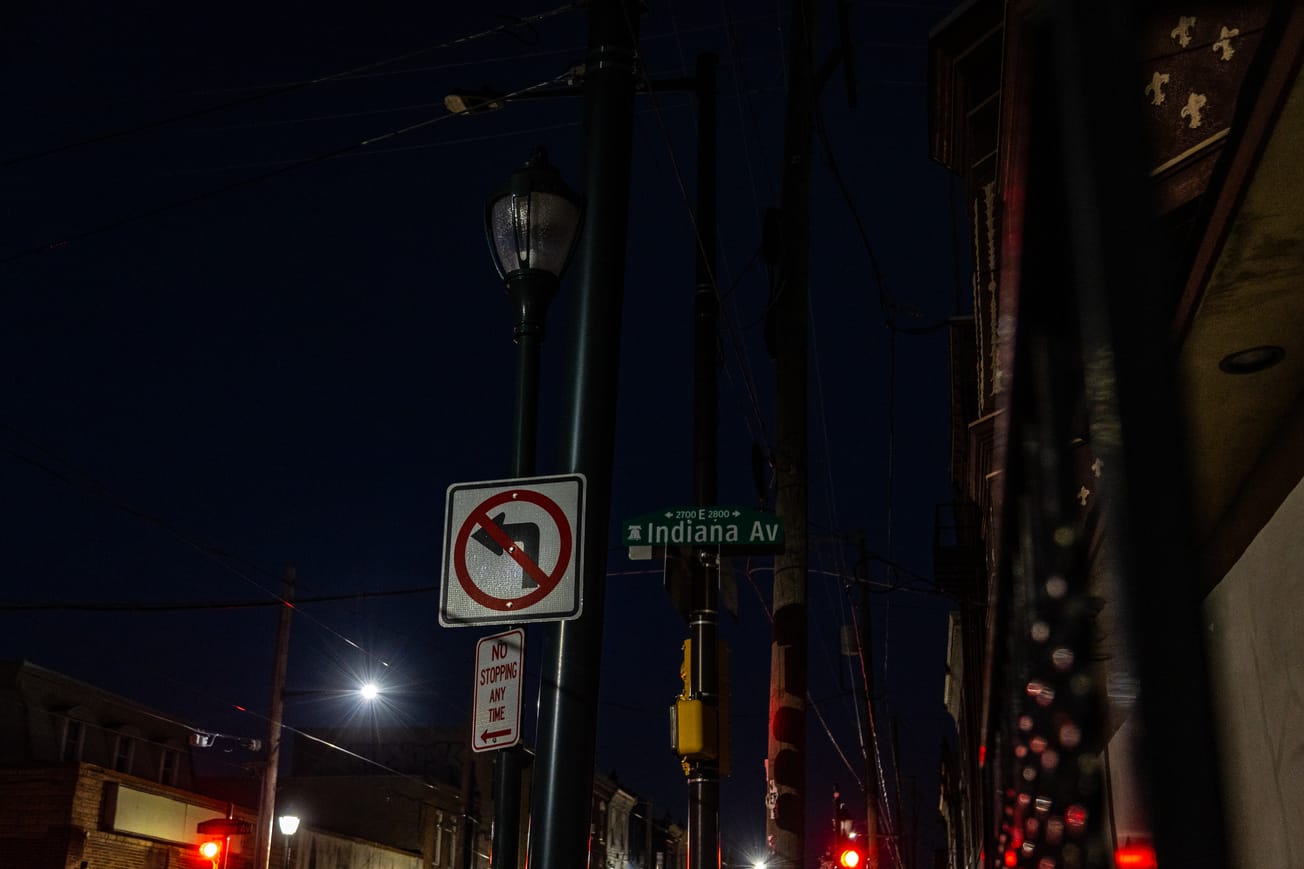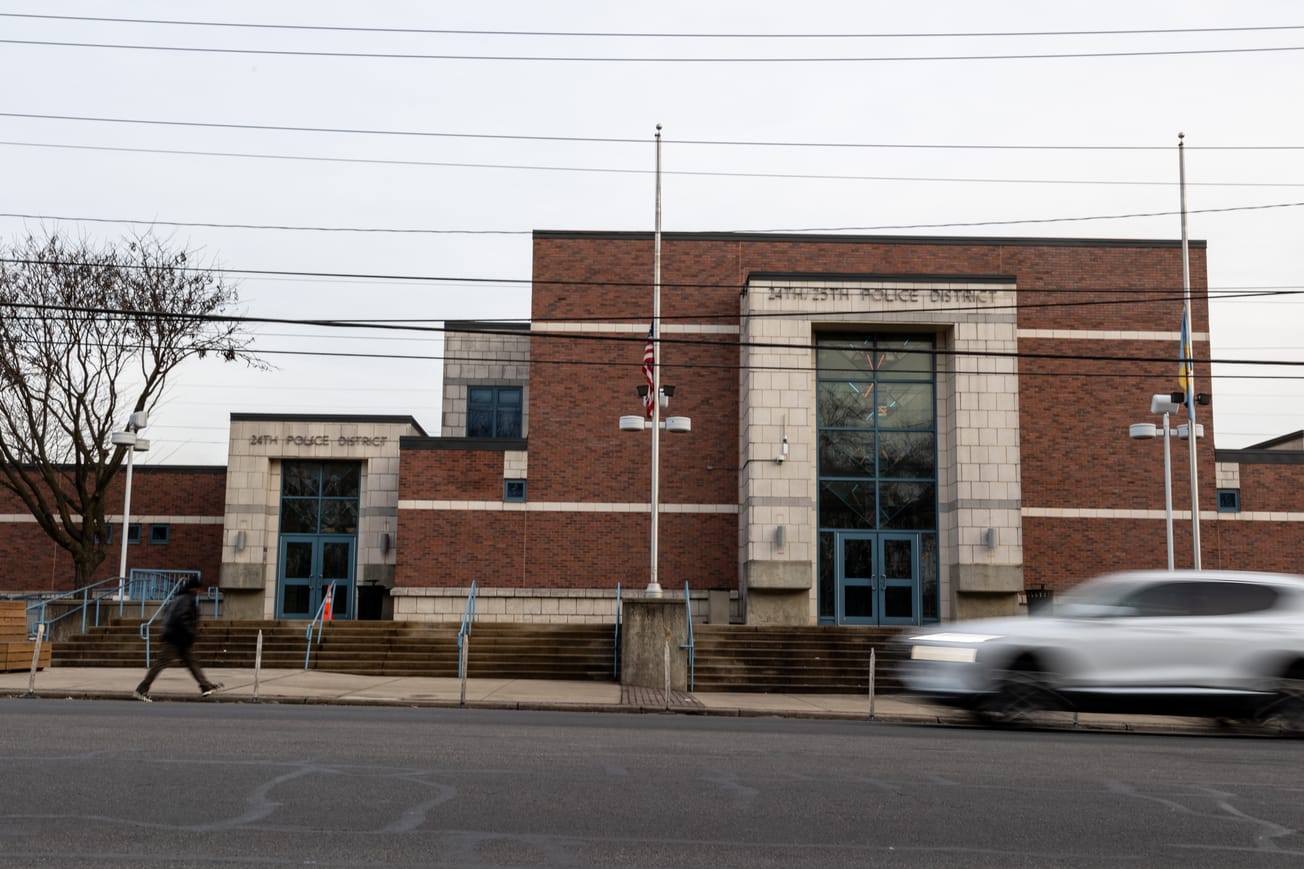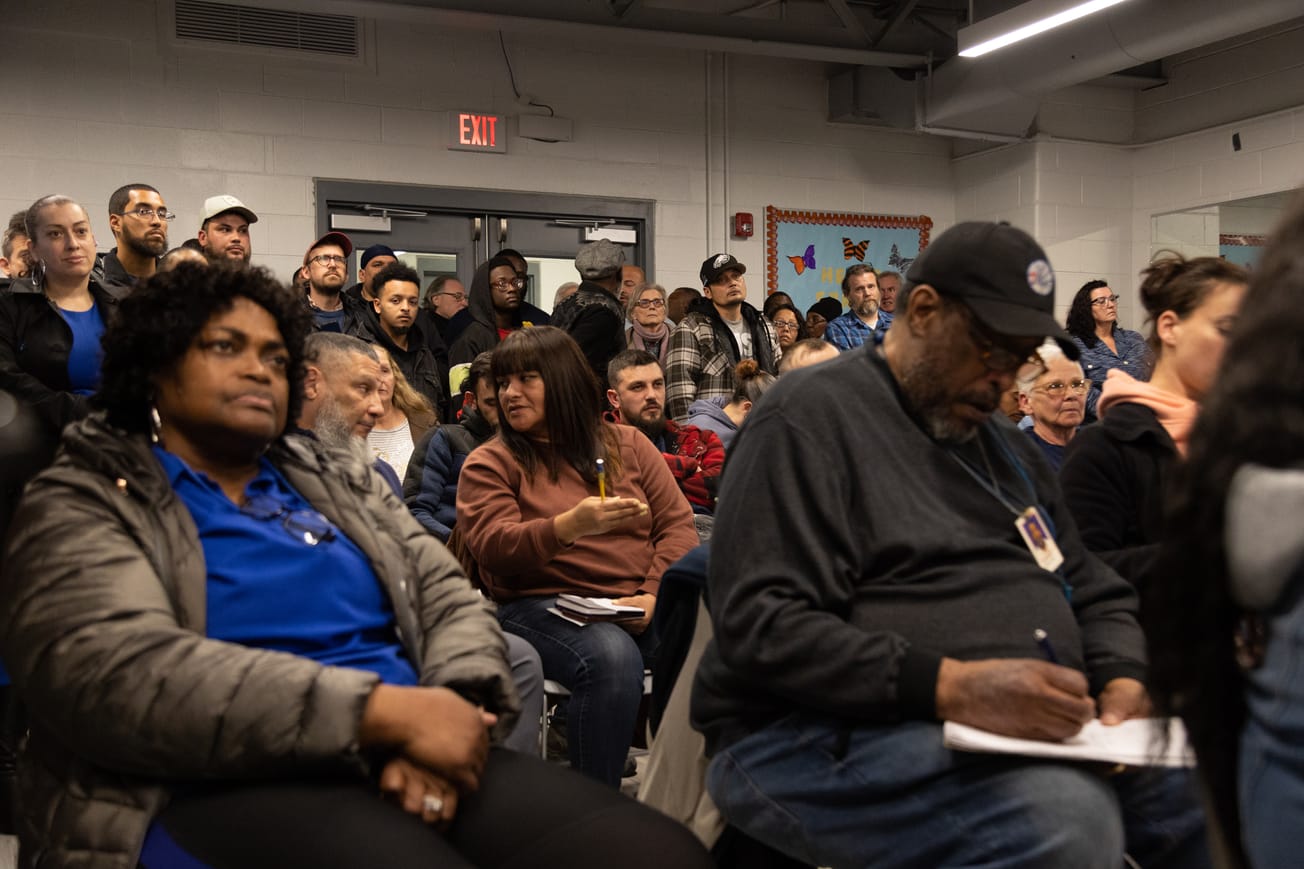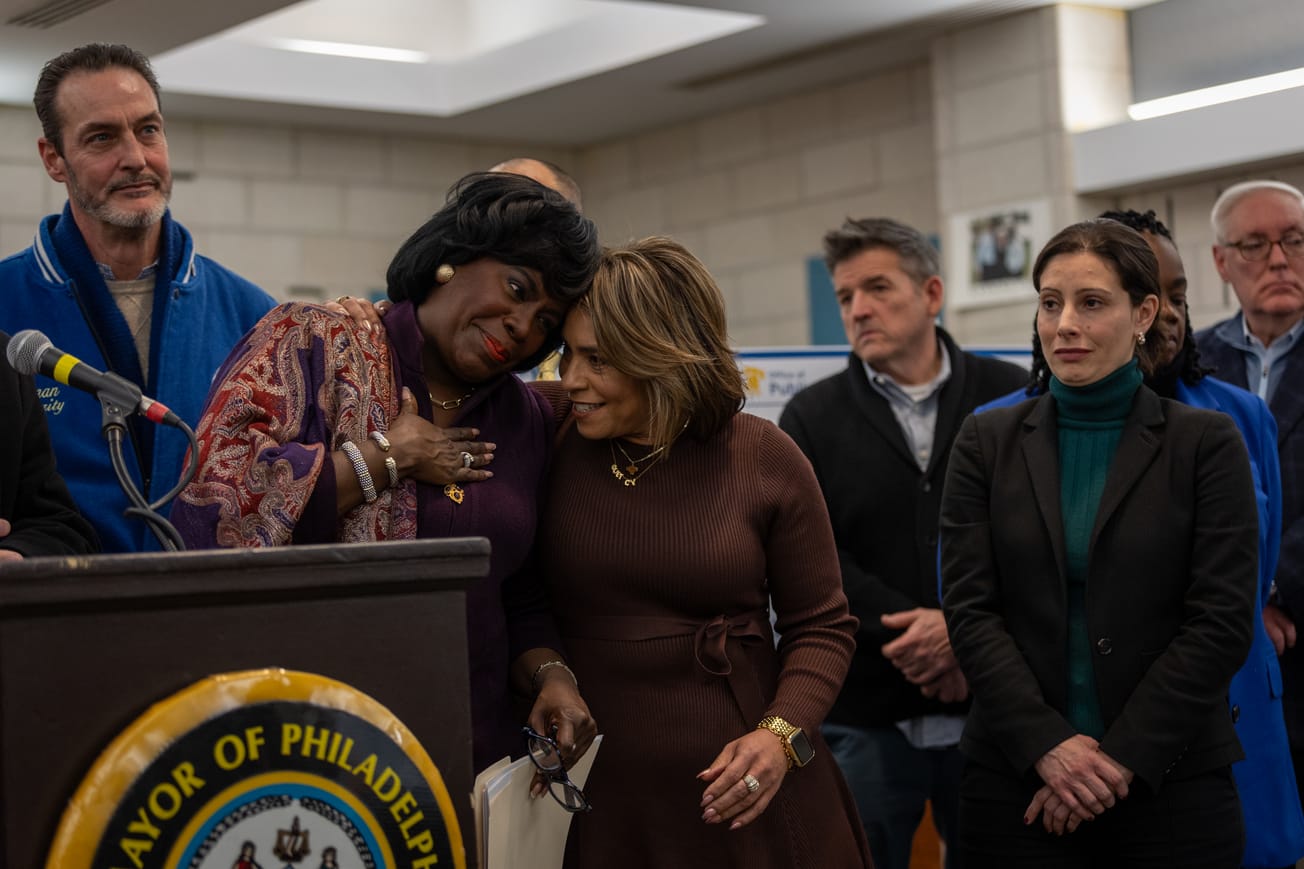For Philadelphia, this year’s election will determine the city’s future for at least the next four years, leaving many voters with a lot of decisions to make. This is especially true for the youngest voting group, Gen Z (ages 11 to 26, as of 2023), who have typically more left-leaning political values.
Both remaining mayoral candidates support increased policing as part of their solution for the city’s safety issues, and a Pennsylvania Supreme Court seat will impact voting and abortion rights.
Known for being the most diverse and educated generation yet, Gen Z (or post-millennials) are regarded by most as our future leaders in our society. Due to a large population of Gen Z leaning on more progressive political views, Democratic candidates had a big advantage over their Republican counterparts with younger voters in 2022’s general election.
With this year’s general election underway, Kensington Voice spoke to three Gen Z voters on why voting is important to them and what issues push them to participate in local elections:
- Bee Ruiz is the civic engagement leader for Youth United for Change (YUC) and has been an active voter since 2019.
- Yesenia Rodriguez is a Gen Z voter who lives near K&A and has been an active voter since 2019.
- Kion* studies at the Community College of Philadelphia and has been an active voter for four years.
Here’s what they had to say.
Editor’s note: Responses were lightly edited for clarity.
Why do you vote?
Ruiz: Voting is a way that we can use our people power. There's institutional power, which people in formal government hold. That's one way that we can have a voice in those decisions that are being made at an institutional level: by voting for people who support what we need or what we deserve in our communities. [Voting is] one way that we can actually have a hand in institutional power that otherwise, without voting, we wouldn't. I think our conditions would be a lot worse if we didn't have a hand in deciding who gets to make those decisions for us.
Rodriguez: I don't believe voting is the most effective way to be in politics, but I think it is a way, and I think it is important. If it takes such little time – it can take as little as five, 10, 15 minutes, max – why not? If it's something so simple that could potentially change the trajectory of our city, or our communities, the programs and grants and policies that directly affect us, our communities, and our families, why not?
It’s something so simple, and it's not that difficult. If you at least have the mail-in ballot, it makes it very accessible. And I'm glad that we've been able to keep that accessibility open post-pandemic. I think a lot of it is also just collective action, and just as a collective, voting for the people who are going to make the change that we want to see in our communities.
Kion: Because I think it still counts. If enough people vote for what is "right," at some point, nobody can really go against it. But if we decide not to vote, then the government's gonna do whatever it wants because not enough of us are voting for what we believe in. It makes it a lot easier to get over on us if we give up that right.
What issues are most important to you?
Ruiz: There's a lot of major issues that we know about going on in the city. Personally, I keep afloat of political happenings and candidates that align with my values. I guess some of those things include more support for working-class communities, including resources and things that overall will improve the conditions that we live in, especially as working-class people of color.
Rodriguez: When I vote for federal offices, I have different priorities than when I vote for local offices.
This upcoming election is a majority if not all, local election. The biggest thing that a lot of people in Philadelphia are voting for right now is the mayor. But there are certain issues that have a more direct impact on me, my community, and my family. So, I prioritize those a little bit more in local elections versus in federal elections, [when] I believe we need a bigger impact on a national scale.
So, for local elections, education will always be my top priority. I believe that having an equitable future involves having a sustainable education and an accessible quality of education for children. But also, I think learning is lifelong. If you want a 100% success rate and investment, education is the way to go. Because inevitably, all students are going to be our future leaders.
Secondly, I would say I am looking at safety and how our potentially elected officials want to get to policing, whether they want to defund the police or not. I am wondering what they want to do around K&A with the opioid crisis that is happening down there and the health crisis that a lot of our neighbors are facing right now.
Thirdly, I would say economic opportunities. Philadelphia is one of the poorest cities in America, and that is due to very bad policies that we have, such as the minimum wage being stagnant, despite us being a big city.
Kion: Honestly, I try to look for whatever is best for the economy and socially. So, of course, equal rights for people of color, LGBTQ – stuff like that. Stuff for women that we need to be more progressive about, and then also stuff when it comes to the working-class people.
What current issues on this election’s ballot do you think are important?
Ruiz: Education and public safety are definitely important. But I think from a life perspective of not furthering mass incarceration, but [instead] providing resources and programs to support young people, especially, to not turn to crime or violence and things.
Rodriguez: Definitely education – how people want to fund the education system (or not) and whether education is a priority for them. The Philadelphia School District as a whole has been horribly, horribly defunded. And I think that having [poor] quality education can cause poverty and cause crime. So, education – biggest and foremost. After-school activities and extracurricular activities go along with education as well, and just making sure that [kids are] going to safe schools and not crumbling buildings.
[Also], safety, like I said, especially around the K&A area. I see that, for this mayoral election, there is a lot of talking about policing and how policing should go and whether we should bring stop and frisk back. I think that has been, what's the word? Maybe eye-opening? I don't want them to bring stop and frisk back, personally. The conversations about policing for each office have been interesting.
How do you vote?
Ruiz: So right now, I signed up for vote-by-mail. It's just easier for me because I don't usually have time to go to the polls. Also, I get to look at the ballot and take my time rather than feeling kind of rushed when I'm in the booth, and there's like other people around.
Rodriguez: I think all of my voting has been through mail-in ballots.
Kion: In person.
How do you feel the voting outreach and voting process can be improved to increase voter turnout?
Ruiz: Just making it more of a topic that's discussed. Because I feel like a lot of the time, [if you just tried to talk to a friend about voting], there's some sort of “ew” factor. Like "gross." I don't know how to describe it.
But from my understanding, it's just not something that people discuss regularly. And the only way that we can really expand people's knowledge and understanding of voting and the importance of voting is through our immediate relationships and people that we know to really create a more widespread culture of voting in general and both understanding of our role in voting and the importance of it.
Rodriguez: It's hard for some of my friends and people around my age to go vote because none of the [candidates] are taking care of the issues that they care about. Or [the candidates] just talk a lot and say that they're going to try to do climate change and provide more education and forgive student loans. But then, once they got into office, it was just a talking point. I expected action, not just talk, and it sucks. So, I think doing the work will get the youth to vote.
Kion: Allowing more people to vote, especially when it comes to people getting out of prison and stuff, a lot of them get their rights to vote taken away simply because they were in prison. I know people who don't vote because of that, because it's like, "If they're not going to be able to vote, why should I vote?"
So I think if we allow more people to vote, regardless of their criminal past or whatever, then more people will be willing to vote.
How can voting be made more accessible?
Rodriguez: Of course, disability access. I also believe language interpreters are very important. [Polling places] having people speaking different languages is really important, especially in Philadelphia, where so many languages are spoken. So, having those language interpretations to make sure that people who are immigrants or who weren't necessarily born and raised in the U.S. or just had only that one language their whole life, I think it's important to make it accessible to them. Then beforehand, educating people about mailing ballots has been super important.
Kion: Having it in a more neutral spot. They just changed my location to a place that's farther away, which means my grandparents are going to have a harder time getting there. I live near a lot of elderly people, and the location, being across the street from me, was easiest for all of them to be able to go there. So I think keeping it in a spot where everybody can reach it would be a start.
*This individual’s last name was excluded due to privacy reasons.
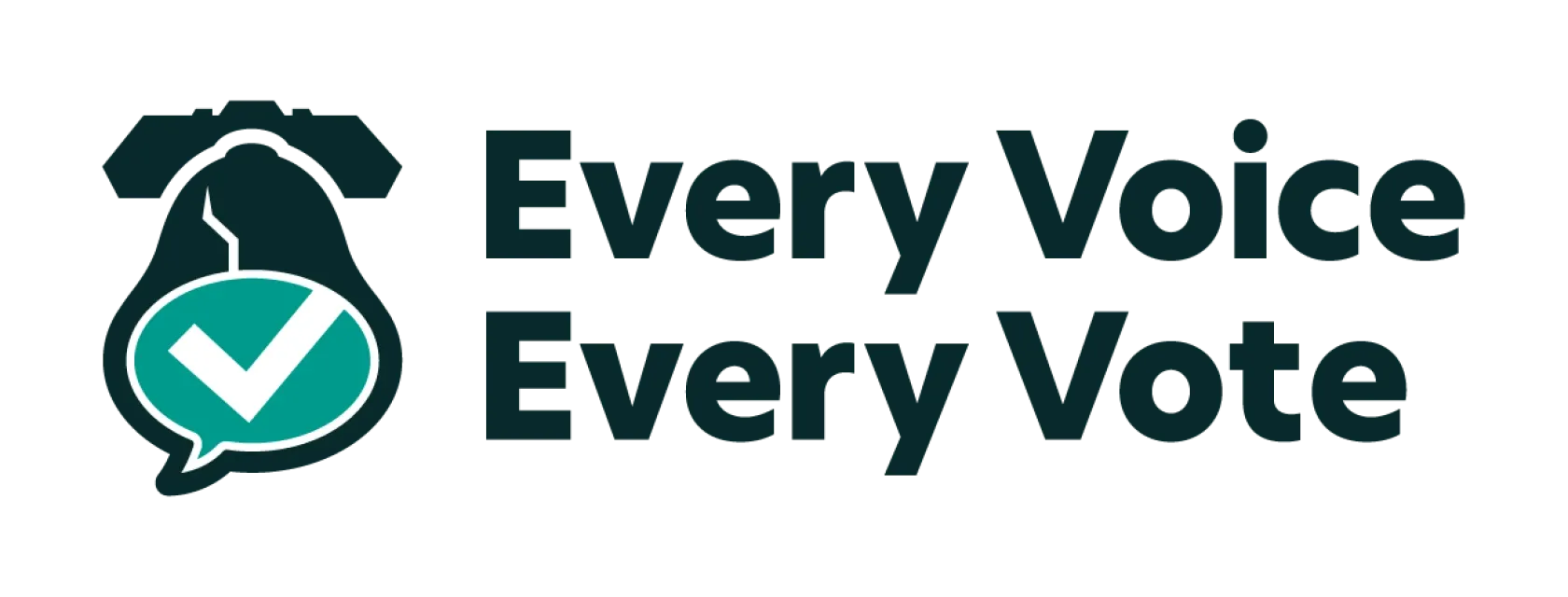
This story is a part of Every Voice, Every Vote, a collaborative project managed by The Lenfest Institute for Journalism. Lead support is provided by the William Penn Foundation with additional funding from The Lenfest Institute, Peter and Judy Leone, the John S. and James L. Knight Foundation, Harriet and Larry Weiss, and the Wyncote Foundation, among others. To learn more about the project and view a full list of supporters, visit www.everyvoice-everyvote.org. Editorial content is created independently of the project’s donors.
Story edited by Jill Bauer-Reese and Siani Colón

